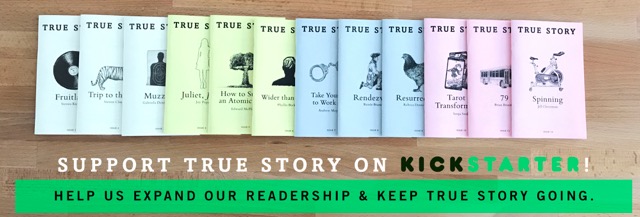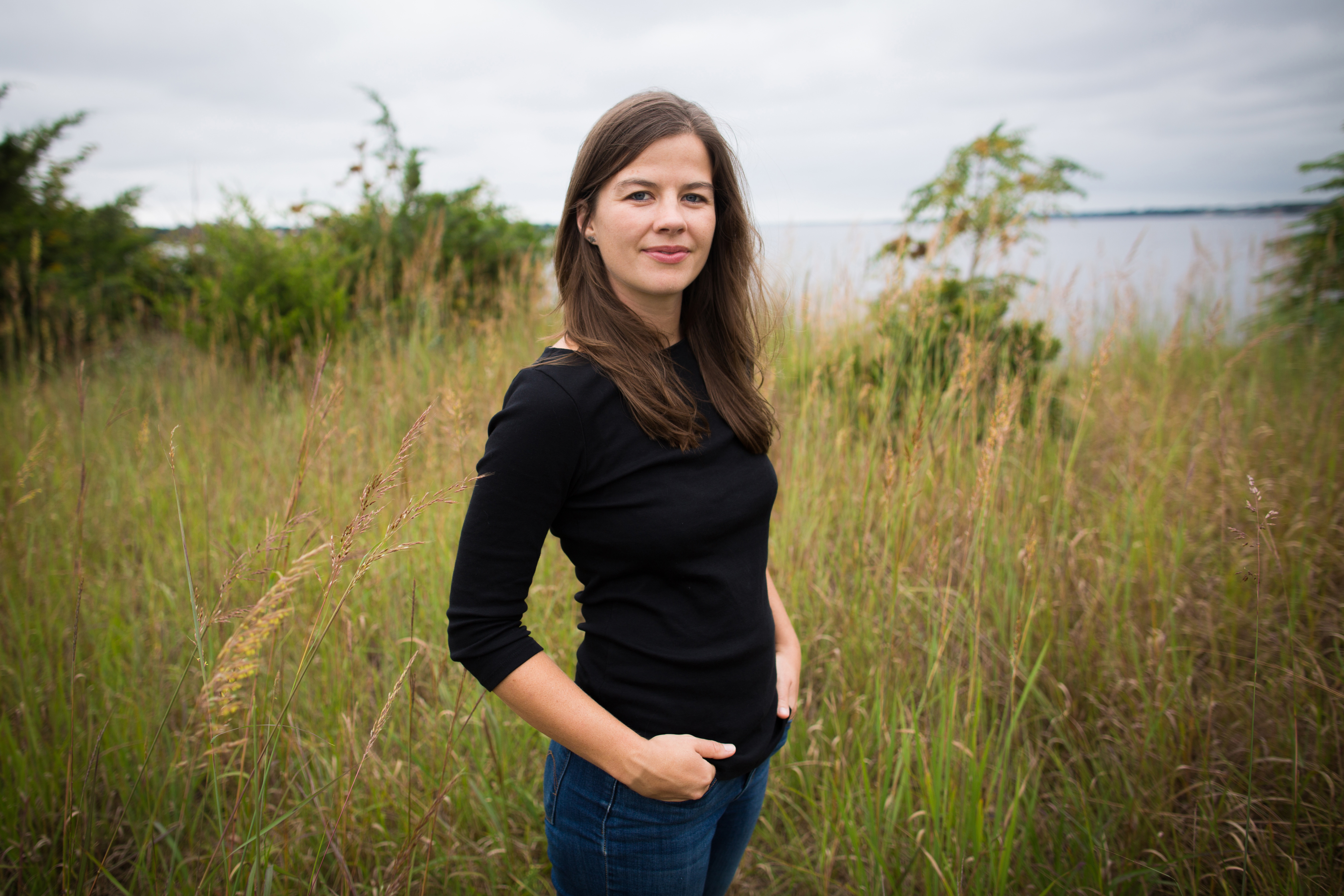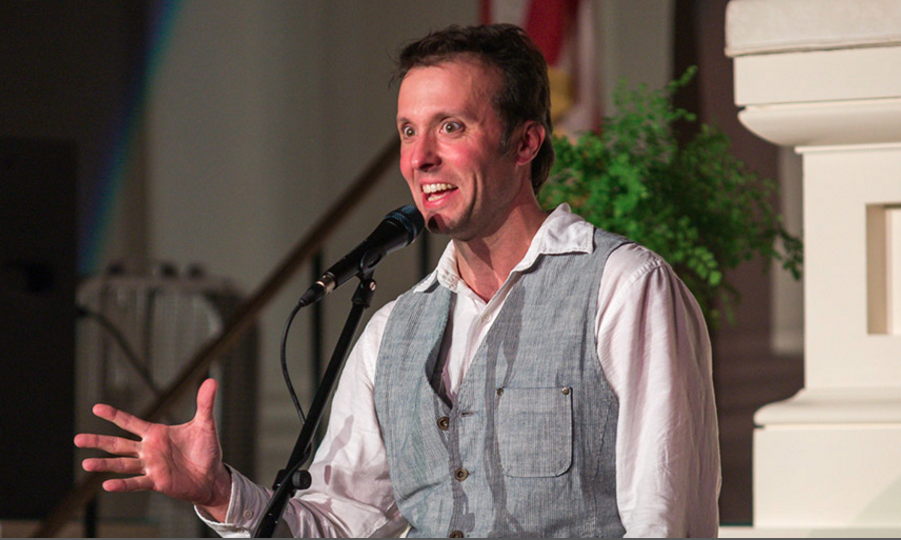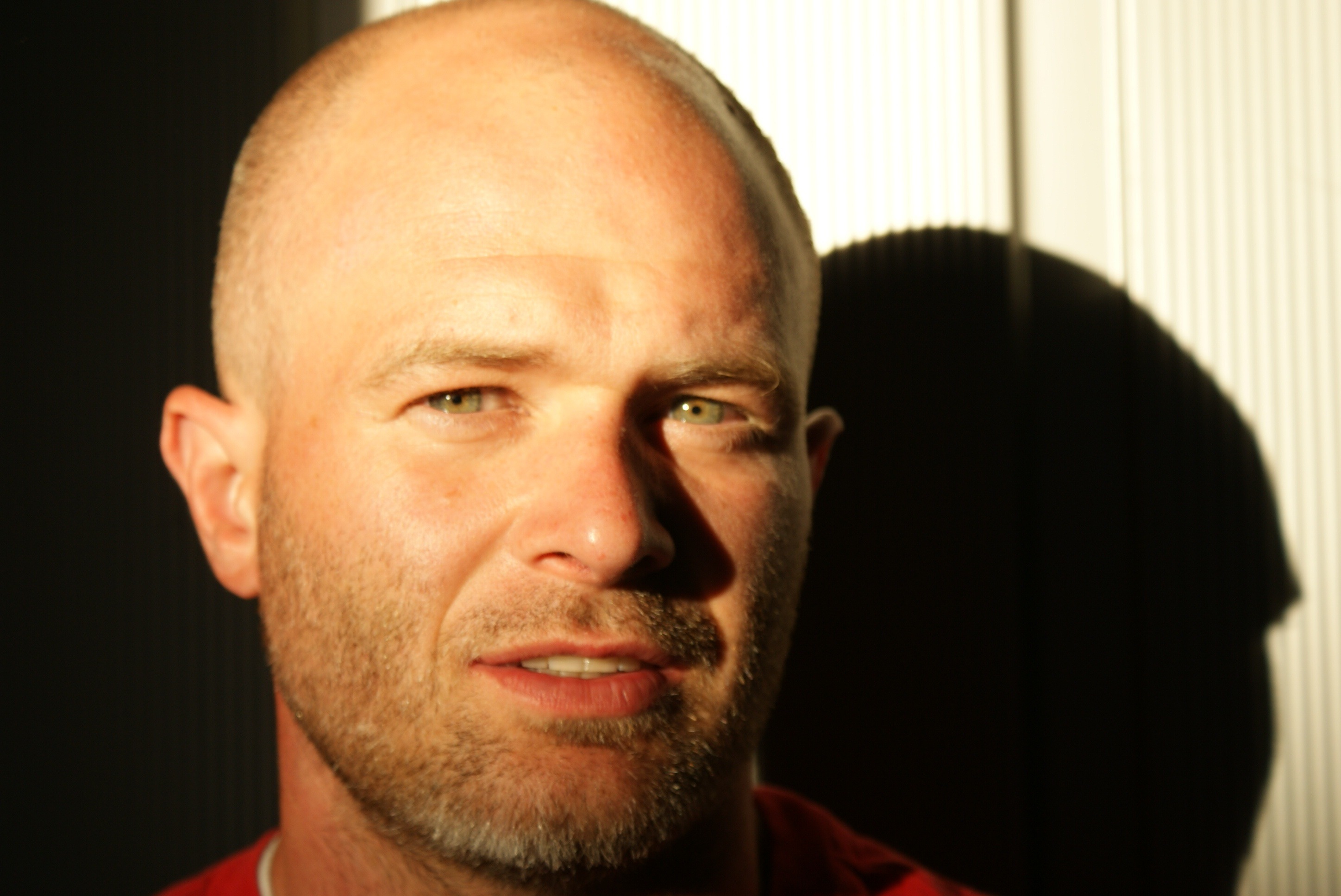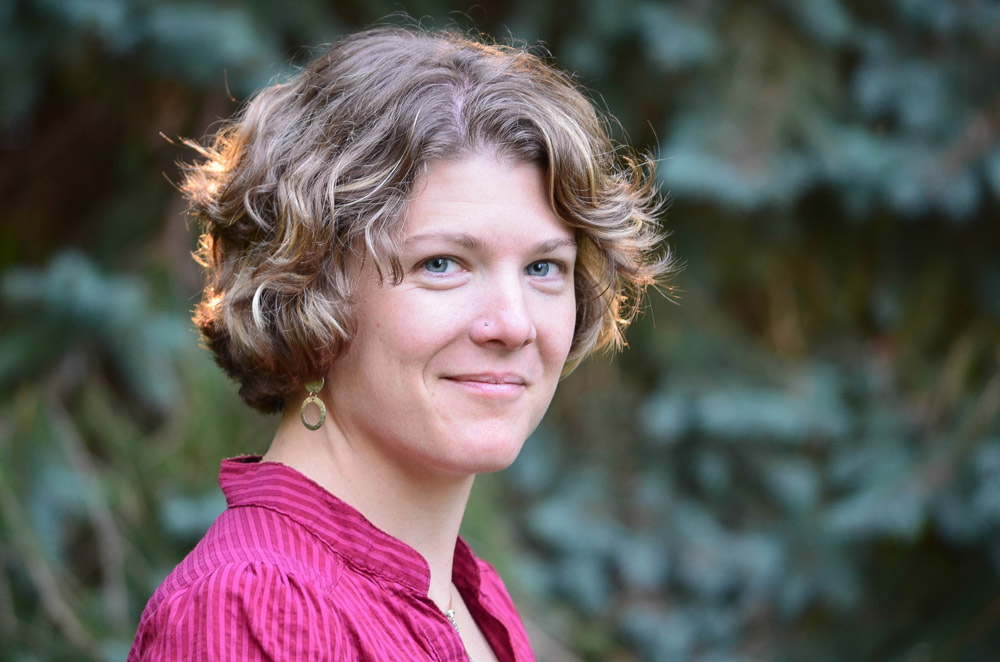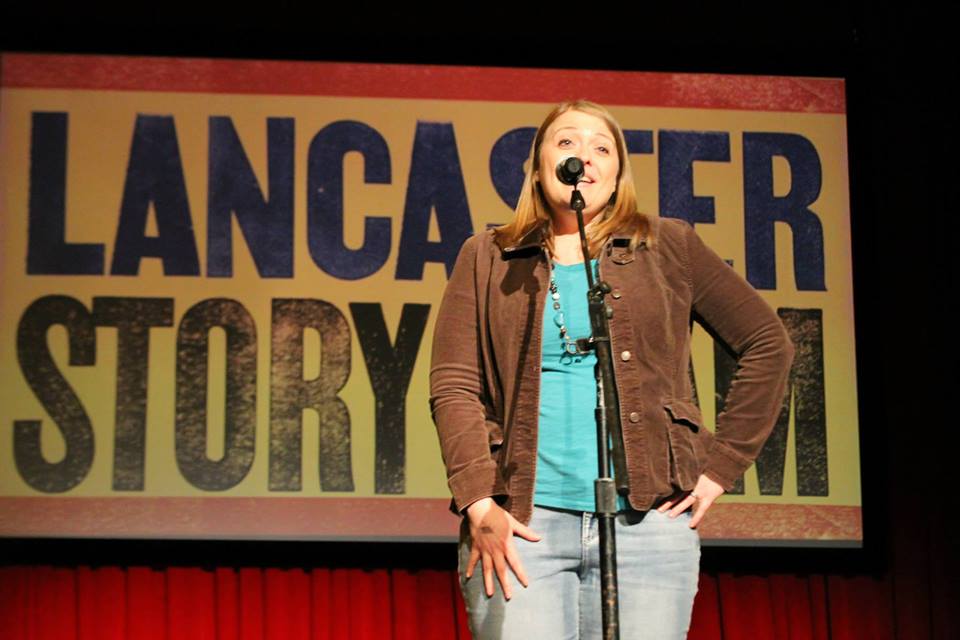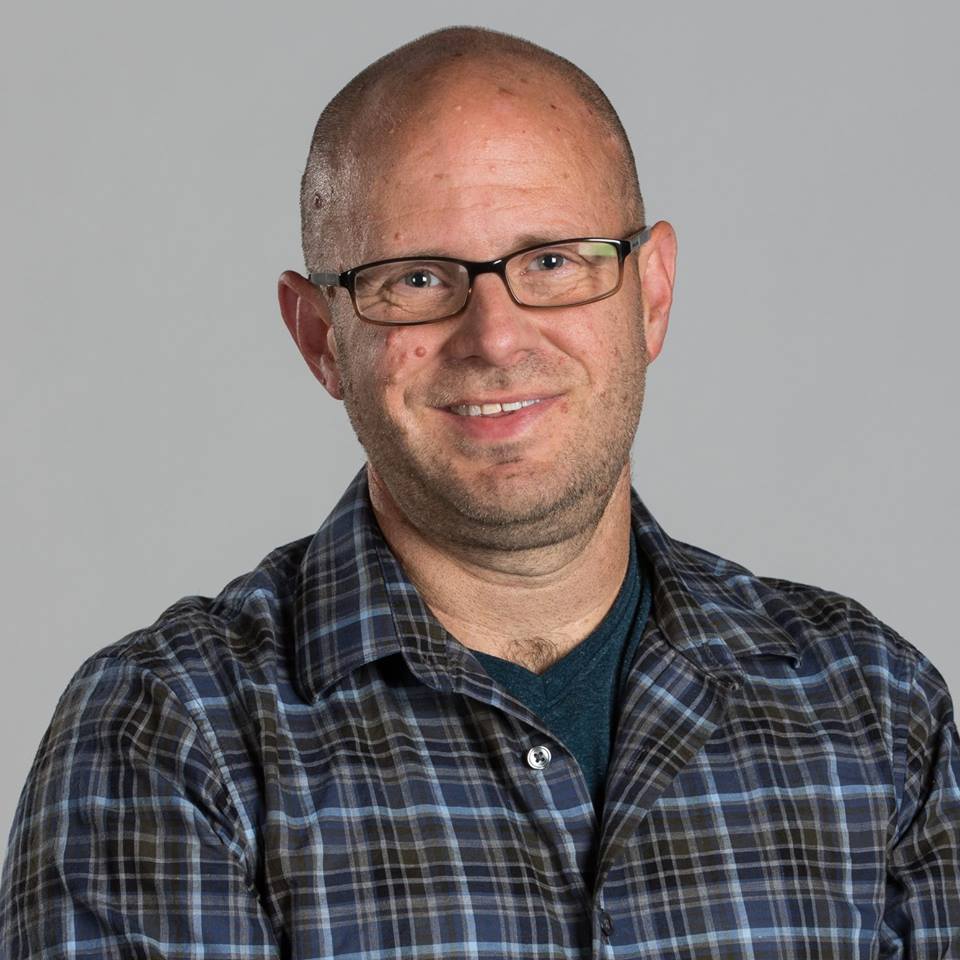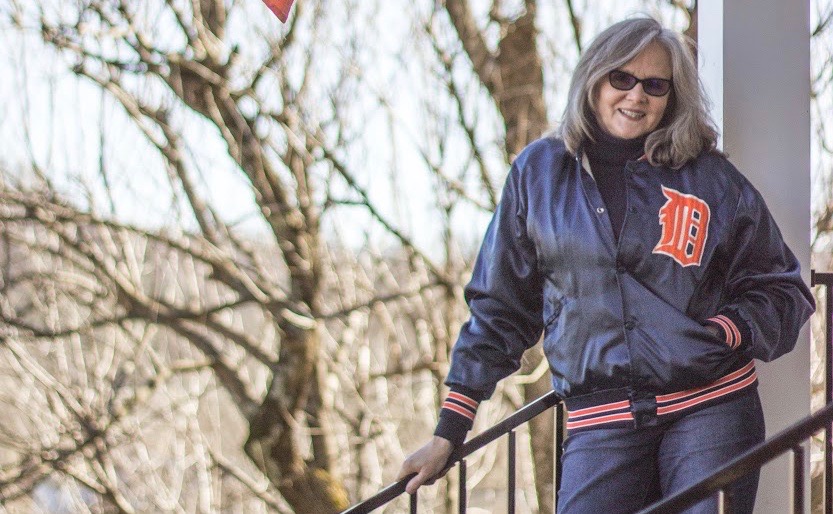
By Brendan O’Meara
Tweetables by Chris Arvidson (www.chrisarvidson.com):
“I don’t need to hear another story about how you went to the baseball game with your dad.”
“We wanted to have that feeling of experience of how people experience baseball over a lifetime.”
“How do you set up your story and how do you make it move?”
“There’s so much great real stuff happening that it seemed dumb to make up anything.”
“You have to write every day and you have to ask every day.”
This week I welcome Chris Arvidson for Episode 75 of The Creative Nonfiction Podcast, the show where I speak with the world’s best artists about creating works of nonfiction, leaders in narrative journalism, radio, essay, memoir, and documentary film and try to tease out their stories, habits and routines so you can improve your own creative practice.
Chris co-edited along with Diana Nelson Jones The Love of Baseball: Essays by Lifelong Fans published by McFarland. It’s a beautiful book and we talk about its genesis, what makes for good baseball writing vs. horrible baseball writing, what’s the most important thing for Chris when developing a story, the organic nature of building a network, favorite books on writing, and much more.
Chris also edited the anthologies Reflections on the New River and Mountain Memoirs. You can find more about her and her work at chrisarvidson.com.
Books Mentioned
I, Who Did Not Die by Meredith May and others
Bird by Bird by Anne Lamott
Writing Creative Nonfiction by Philip Gerard [podcast here]
Draft No. 4 by John McPhee
Writing Tools by Roy Peter Clark [podcast here]

